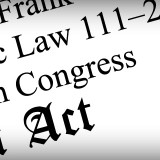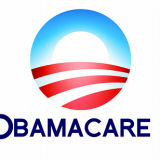Nigeria’s New Biometric Identification Cards Can Be Used At Stores and ATM’s
In an announcement at the World Economic Forum on Africa last month, MasterCard and the Nigerian National Identity Management Commission announced their partnership to release 13 million ID/Debit cards. The combination government ID/debit cards will be rolled out over the next year as part of a pilot program, after which, the government hopes to deploy 120 million ID cards/debit cards to all of its adult citizens. The ID cards contain demographic and biometric data belonging to each Nigerian citizen encoded on a microchip and linked to bank accounts. For one of the first programs of its type, Nigeria’s national ID cards double as debit cards.
Nigeria is undergoing an economic boom fueled by new businesses and mobile phones, but there is a fear that ethnic violence and omnipresent corruption could slow down growth. One way the Nigerian government hopes to combat this is through the tracking capabilities, security and built-in paper trail of a cashless currency.
The cards use chip-and-pin technology more sophisticated than American debit or credit cards and “will allow cardholders to deposit funds on the card, receive social benefits, pay for goods and services, withdraw cash from all ATMs that accept MasterCard, and engage in many other financial transactions that are facilitated by electronic payments,” MasterCard’s Michael Miebach told Fast Company via email. “In addition to the various functionalities of a Smart ID, the scheme will allow Nigerians, 70% of whom currently having no bank account, to participate in the global economy.” Experts believe they have amazing potential and have the potential to cause a banking boom in Nigeria by connecting the over 70% of unbanked Nigerian citizens with bank accounts.
“The reality is that combating poverty means finding ways to get people access to basic financial services and that can’t really happen without money in electronic form. It’s not a panacea, obviously, and no one can predict if this particular program will succeed or flop. But that doesn’t change the fact that services of this sort are desperately needed.”
According to World Bank statistics, Nigeria has a massive 7.3% GDP growth rate—but 62.6% of the population lives below the poverty line.
For more information, visit: http://www.worldbank.org/en/country/nigeria





